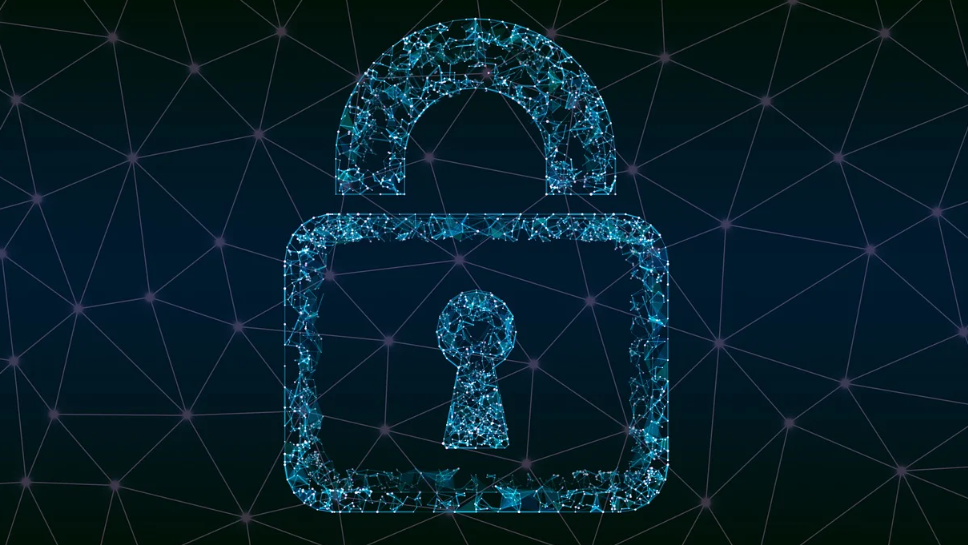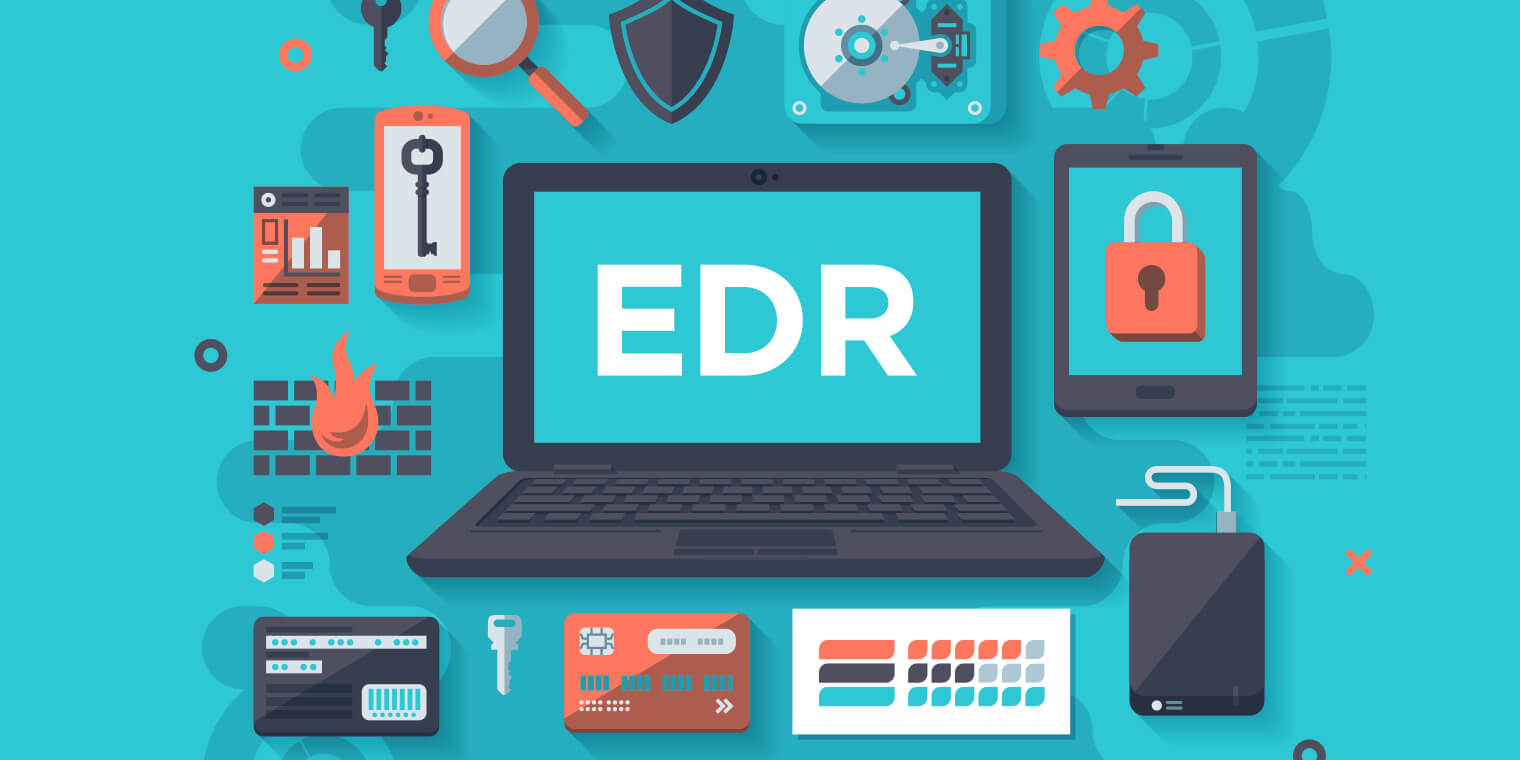Welcome to VelSicuro.com | Cybersecurity Solutions
- hub@velsicuro.co.id
- HEAD OFFICE JHONTAX TB SIMATUPANG, GEDUNG
- Home
- Article
Cyber Threat Trends in Indonesia 2025: Facts That Cannot Be Ignored

Cyber Threat Trends in Indonesia 2025: Facts That Cannot Be Ignored
Introduction: Increased Risk Amidst Digitalization
Indonesia is at the crest of a digital revolution. However, along with the rapid adoption of technology, the increasing risk of cyber security threats is an unavoidable fact. Heading into 2025, cyber threat trends in Indonesia are not only growing in number but are also becoming more complex and sophisticated, demanding vigilance from individuals, companies, and the government alike. Ignoring these trends is tantamount to opening the door to massive losses.
4 Major Cyber Threat Trends in Indonesia in 2025
Based on the latest data and security analysis, there are four key trends that Indonesia must be wary of:
1. Targeted Ransomware Attacks
Ransomware attacks have evolved from mass dissemination to highly focused efforts. Threat actors are now targeting organizations with high ransom value, such as financial institutions, healthcare services, and critical infrastructure.
-
The Fact: Hackers are not only encrypting data but also stealing it (double extortion), threatening to publish the data if the ransom is not paid.
2. Rise of Advanced Social Engineering and Phishing
Although it sounds classic, social engineering remains the most common entry point. Now, thanks to AI, phishing attacks have become incredibly convincing and personalized (spear phishing).
-
The Fact: The success rate of phishing attacks is increasing because the scams are no longer detected by common spam filters and capitalize on emotional pressure or fake authority.
3. Vulnerabilities in the Supply Chain and Third Parties
Companies often focus on their internal security but overlook that vulnerabilities can originate from third-party vendors or software suppliers (Supply Chain Attack).
-
The Fact: Targeting one small vendor can provide access to dozens or hundreds of large clients, making it a highly efficient attack vector for hackers.
4. Threats to IoT Devices and Smart Infrastructure
As the concept of Smart City develops and the use of Internet of Things (IoT) devices in homes and industries increases, security gaps in these devices become new targets.
-
The Fact: IoT devices often have weak default security configurations, making them easy entry points for hackers to launch DDoS attacks or gain access to the main network.
Why These Facts Cannot Be Ignored?
The rise in these threats is directly proportional to financial and non-financial losses. For Indonesia, failure to manage cyber risks can hinder digital economic growth and erode public trust in online services.
Critical Prevention Steps:
-
Continuous Education: Increasing security awareness for all employees and the public.
-
Security Investment: Adopting modern security technologies (such as Zero Trust and EDR/XDR).
-
Incident Response Planning: Preparing clear teams and procedures to quickly respond to attacks.
By seriously addressing these facts, Indonesia can build a robust and sustainable cyber resilience amidst the digital hustle.
referensi https://it.proxsisgroup.com/tren-ancaman-siber-di-indonesia-meningkat-berikut-fakta-yang-harus-diketahui/
Popular article
-
 06 March 2023
06 March 2023Comodo Security Solutions Rebrands to Xcitium
-
 21 February 2023
21 February 2023Indihome Attacked by Hackers, Data of 26 Million Customers Leaked
-

-
 04 November 2023
04 November 2023Bagaimana Cara Memilih Solusi EDR yang Tepat Untuk Bisnis Anda?
Categories
Tags
Need Any Technology Solution
Let’s Work Together on Project
Contact Information
- 087890908898
- hub@velsicuro.co.id
-
HEAD OFFICE JHONTAX TB SIMATUPANG,
GEDUNG 18 OFFICE PARK
Jl. TB Simatupang No.Kav. 18, 21th Floor, Kebagusan, Ps. Minggu, Kota Jakarta Selatan, Daerah Khusus Ibukota Jakarta 12520
© 2024 velsicuro.com. All Rights Reserved. Developed by SevenLight.ID


